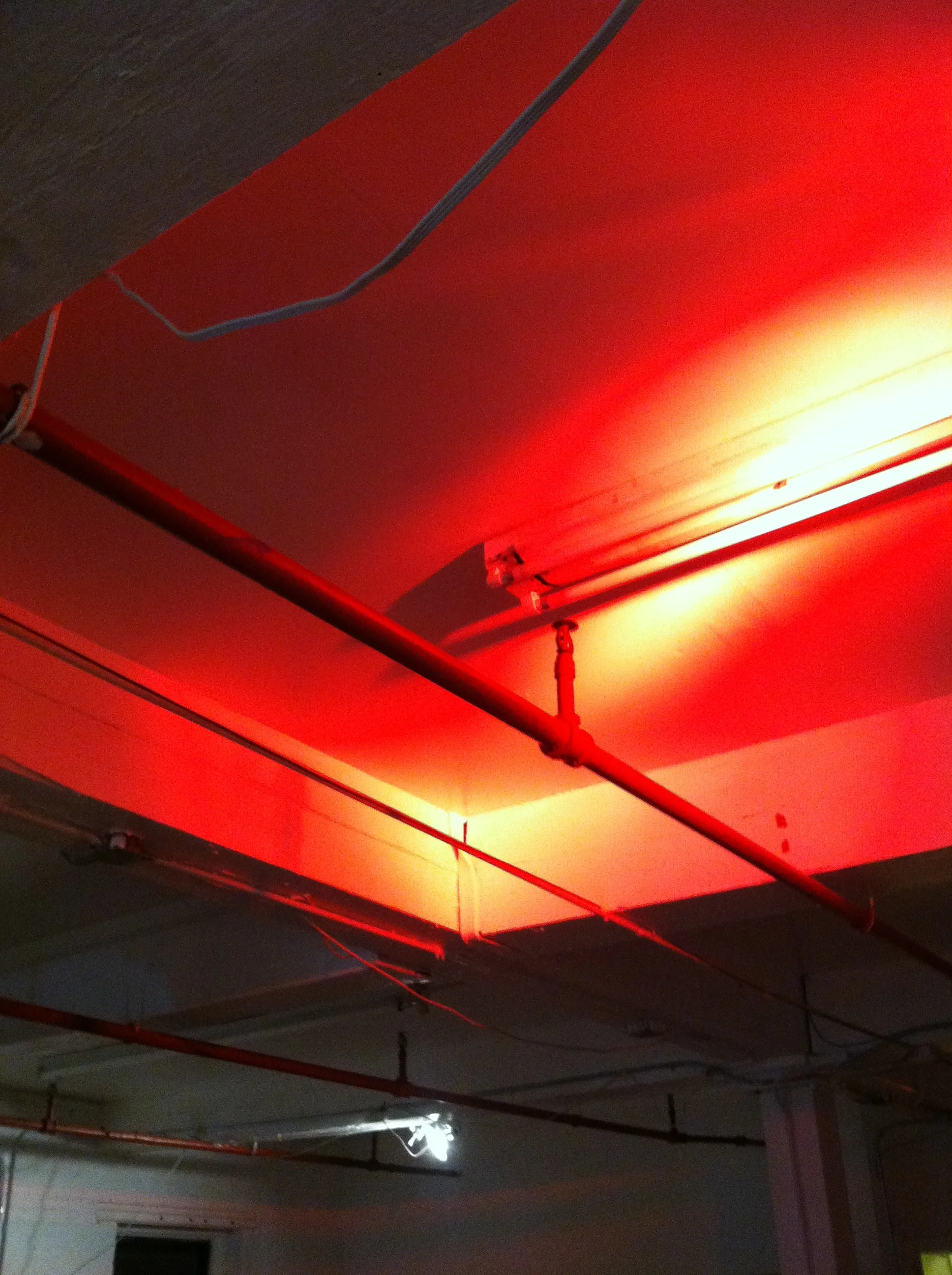Design:
- How "political engineering" led to an unwieldy, dangerous and ultimately useless helmet for the military.
- BuzzFeed with a deep dive on the 3.5mm audio jack standard and what led Apple to jettison it on their latest iPhone. While Apple has legitimate reasons for the change (better performance, maintaining a slim profile while packing in new camera & processor tech) it does leave a lot of existing products on the wrong side of compatibility. When waste not want not, and conservation of resources are known as the most sustainable practices at what point does the improved performance of an innovative but incompatible solution outweigh the waste generated? For designers concerned with their contribution to waste, standards can be a wonderful thing: enabling interoperability over generations of products and preserving the value of hand-me-downs or secondary market goods.
- The challenge of making digital, personal communications legible to viewers in movies and television.
Body/Image:
- The fashion industry does a terrible job of designing clothing for women's bodies, pouring their efforts into creating looks for the small and slim, leaving everyone else with limited options. The data in the article demonstrates significant market opportunities for more inclusive design practices, which seems to indicate that some designers/retailers are more committed to policing arbitrary body norms for women than making extra money. While some believe that markets will provide solutions as long as there is a profit motive, the history of capitalism shows many exceptions to that supposed rule. Whether it's the continual whiteness of Hollywood productions or the makers of Cristal expressing distaste for rappers consuming their product - the contempt that certain corporate leaders have for those that don't fit into their worldview can supersede their pursuit of broader markets. When solutions for underserved populations do emerge, it's generally from within those populations being frustrated at the lack of options.
Building Things:
- Determining sustainability of solutions in design or tech is much more complex than it initially seems. Actual user behavior is a huge factor that can undermine even the greenest of concepts, and it is notoriously difficult accurately predict those interactions beforehand. Case in point: it turns out that those reusable grocery tote bags end up having a much larger carbon footprint than their disposable plastic counterparts.
Bias and Brains:
- Up until a week ago, LinkedIn's algorithms favored men in search results.

